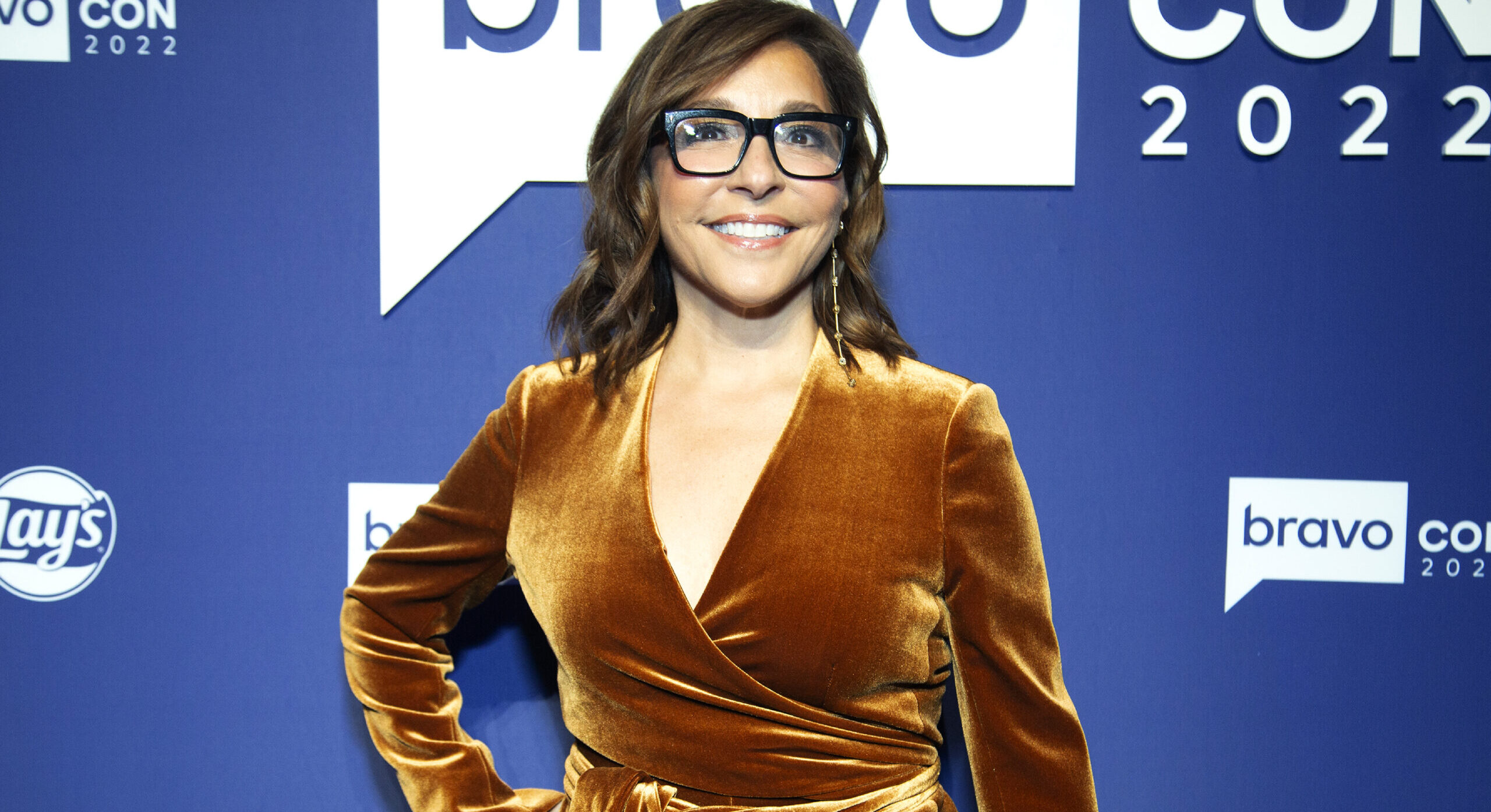Those who rejoiced at Elon Musk buying Twitter are now lamenting his rumoured appointment of NBC executive Linda Yaccarino to be the site’s new CEO. The anons who cheered the site’s takeover by a man some viewed as on their side are now decrying its return to the clutches of a “lizard woman”, which is to say an apparatchik of what neo-reactionary theorist Curtis Yarvin calls “The Cathedral”.
If so, there is at least one silver lining to the Longhouse roof: we may see censorship back soon, but we will at least be spared any further misguided attempts by Elon Musk to render things visible and accessible that stop working when they’re visible and accessible.
Much digital ink has been spilled on the blue tick debacle. A marker that carried implicit social cachet because you couldn’t (at least officially) buy it did not long retain that cachet once available for $8 a month. And the online rumour circulating shortly before the announcement of the company’s new CEO would have had much the same effect: that is, that Musk was reportedly considering launching a Twitter dating function.
As any fule kno, Twitter is already a dating website. You don’t have to delve very far to find now-married couples who met on Twitter, and indeed I know some personally. But making this explicit would not have improved on its existing function.
Twitter is the origin of many love stories because it works in exactly the opposite way to a dating website. Instead of casting the net too wide, resulting in endless bad dates, it provides some measure of filtering by social circle and an opportunity to meet people who share the kind of niche interests you would never put in a dating profile.
In contrast with a dating website, too, it incentivises corresponding at length before meeting up. But most of all, Twitter is effective as a dating website because it isn’t a dating website. Instead of awkward meetups within an explicit frame of seeking romantic (or even just sexual) compatibility, it prompts conversations, some of which may go on for a long time before anyone realises anything else is going on.
By downplaying love, it has afforded space for love to creep up on people. In this it underlines a paradoxical feature of our now-emerging digital norms: one starkly at odds with the free-speech absolutism advocated by Musk and others. That is, digital cultures are liveliest not when they’re most liberated, but when subjected to a measure of constraint — even when those constraints are, from a “classical liberal” perspective, objectively oppressive and illiberal.
This wasn’t obvious in the early days of the internet, because the constraining factor was the level of technical knowledge you needed to be very “online” at that point. Since social media removed that constraint, though, the need for boundaries has grown increasingly apparent: this is as evident in the retreat of “dissident” discourse into gated group chats, as in the rollout of digital censorship measures across the West.
But it’s also culturally necessary: total exposure is a disaster for everything about human social interactions that thrives on tacitness, such as social status or sexuality. As the blue tick story demonstrated, making everything visible and equally accessible does not, in fact, make everything egalitarian. Applying the logic of total visibility to Twitter’s undercurrent of flirtation might, by the same token, result in more hookups originating on Twitter. But the price would almost certainly be fewer Twitter love stories.
It remains to be seen whether Linda Yaccarino will in fact turn out to be Musk’s creature or that of “The Cathedral”. But should the anons be right, Yaccarino will bring Twitter once again under a regime of speech restraint like the one that preceded Musk’s acquisition of the site. If she does, though, perhaps the blame will lie less with the WEF or other such metonyms than with the distinctive ways our now firmly digital-first political landscape departs from the norms of the liberal one it displaced.











Join the discussion
Join like minded readers that support our journalism by becoming a paid subscriber
To join the discussion in the comments, become a paid subscriber.
Join like minded readers that support our journalism, read unlimited articles and enjoy other subscriber-only benefits.
Subscribe